GCF Task Force Exchange of Experiences in San Martin, Peru
Notes from the Field
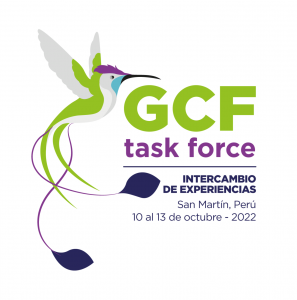
From October 10-13, 2022, the Governors’ Climate and Forests Task Force (GCF Task Force) – a project of the Emmett Institute on Climate Change and the Environment at UCLA School of Law and UCLA’s Institute of the Environment and Sustainability, in partnership with the Institute of Behavioral Science at the University of Colorado, Boulder – and the Regional Government of San Martin, Peru, organized a Technical Exchange of Experiences in and around the towns of Tarapoto and Moyobamba, situated on the western edge of the Peruvian Amazon.
During the first two days of this technical exchange, nearly 500 participants from throughout the GCF Task Force network and beyond participated in field visits to more than 60 sustainable production, ecotourism, ecosystem services, indigenous cooperatives, women’s cooperatives, carbon reduction projects, and other initiatives focused on reducing tropical deforestation and increasing local economic development. A full field visit brochure (in Spanish) is available here. Summaries of Day 1 and Day 2 are available from the GCF Task Force webpage.
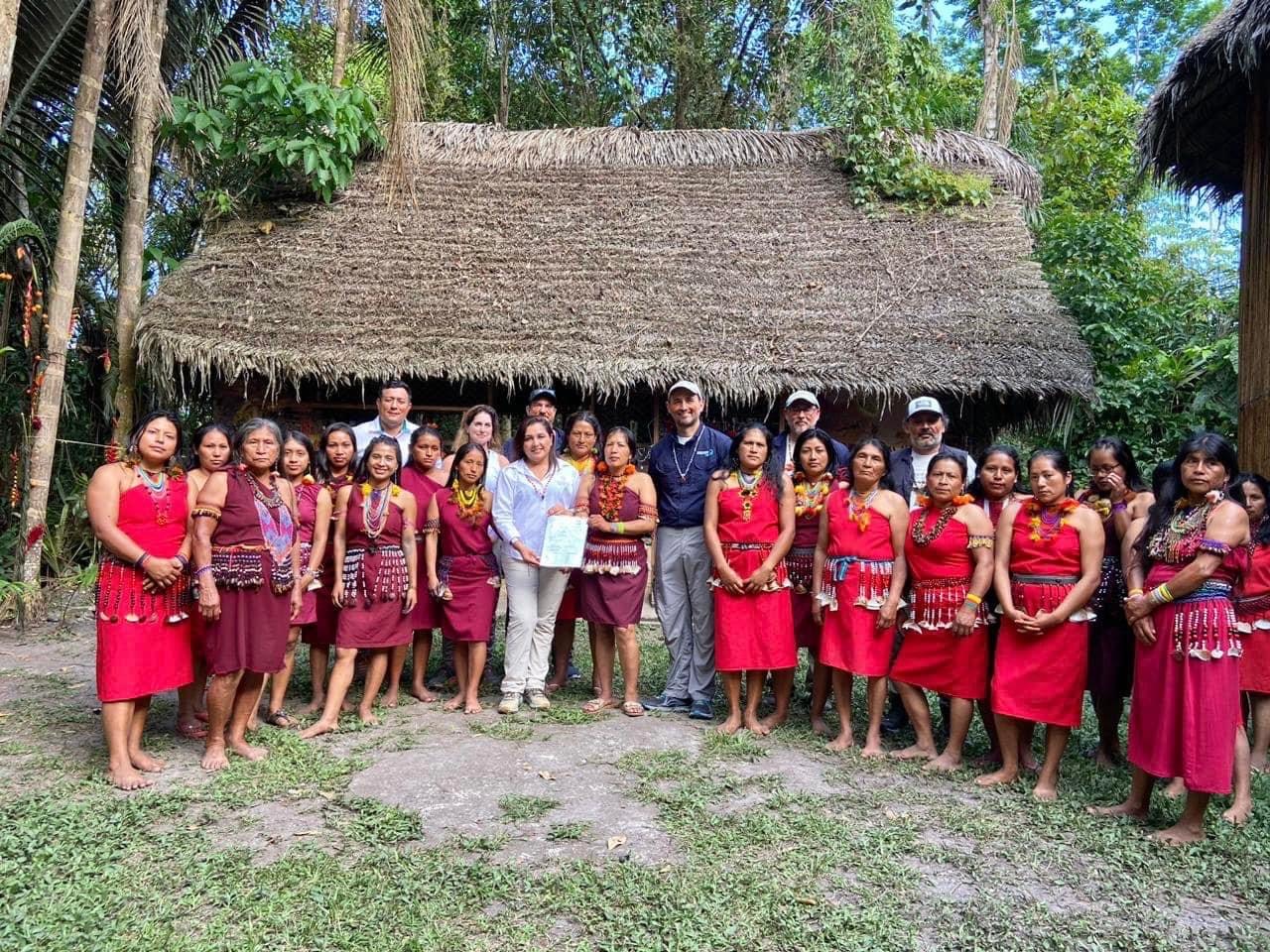
The purpose of this technical exchange was to share on-the-ground discussions with local communities, businesses, and farmers, so that participants could experience first-hand the successes, challenges, and realities of developing and supporting alternative livelihood initiatives in this part of Peru.
The second half of the exchange focused on sharing out these experiences and comparing them to programs from other GCF Task Force member jurisdictions in Peru, Brazil, Colombia, Ecuador, Indonesia, Mexico, and the United States, as well as from other participants from Bolivia, Europe, Guatemala, and elsewhere. These experiences were framed within the Manaus Action Plan, a GCF Task Force-wide call to action initiated earlier this year for additional financing and support to implement jurisdictional approaches throughout the 39 member governments of the GCF Task Force to tackle the climate, poverty, and biodiversity crises.
The final two days included technical presentations, policy discussions, and political dialogue at every level. From Indigenous leaders, community representatives, Governors and vice-governors from Peru, Brazil, Ecuador, and Bolivia, delegates from throughout the GCF Task Force network, private sector actors, non-profit and scientific partners, donor governments (such as Norway, which is the principal sponsor of the GCF Task Force), youth, and even the President of Peru, this was a full series of exchanges. See Day 3 and Day 4 posts on the GCF Task Force webpage for more information.
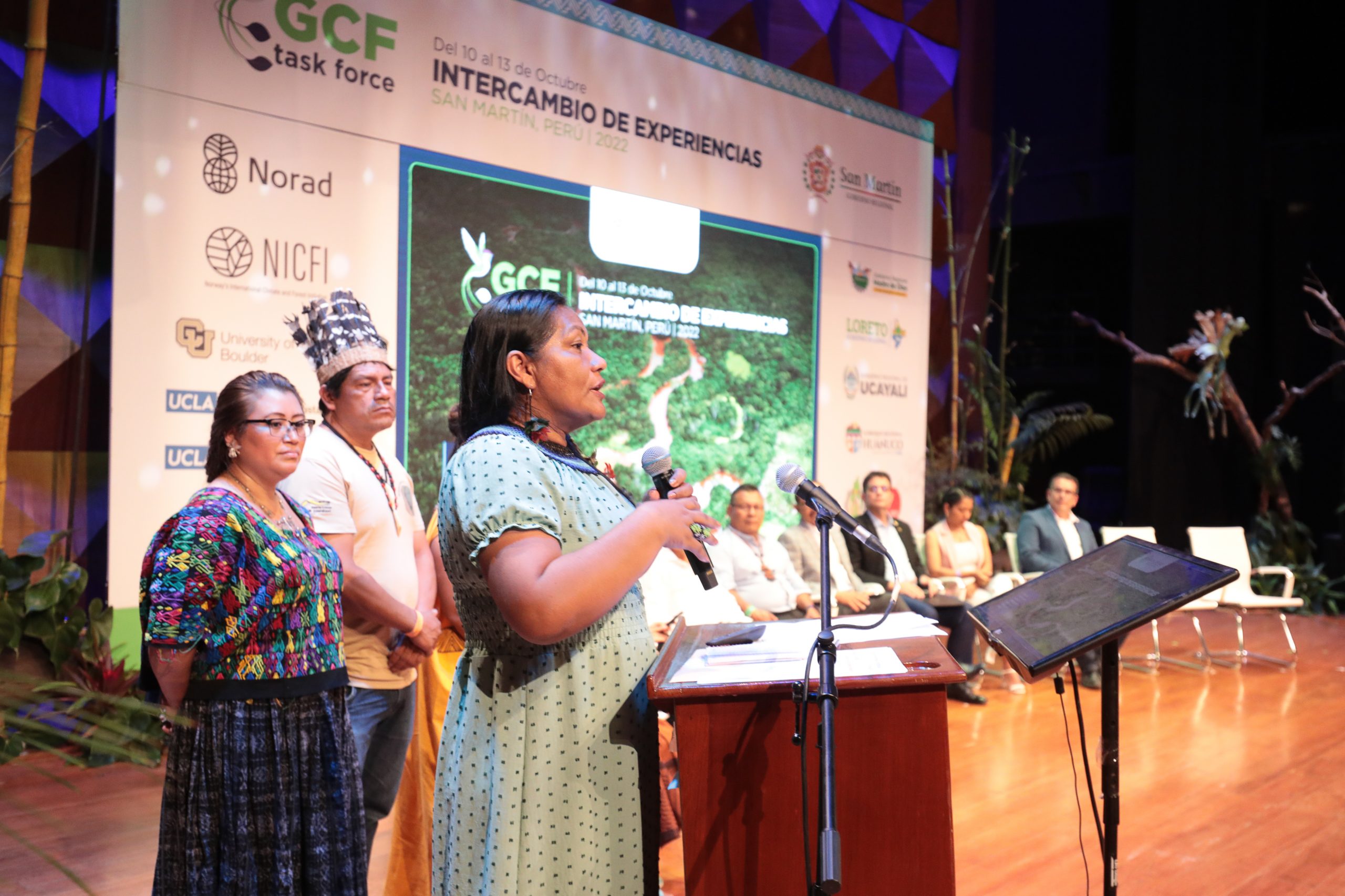
Importantly, this exchange also served as an opportunity for incoming governors in Peru (every Region of Peru held gubernatorial elections in October) to learn from and integrate into the GCF Task Force network. These exchanges ensure that these types of networks withstand the test of time through multiple administrations.
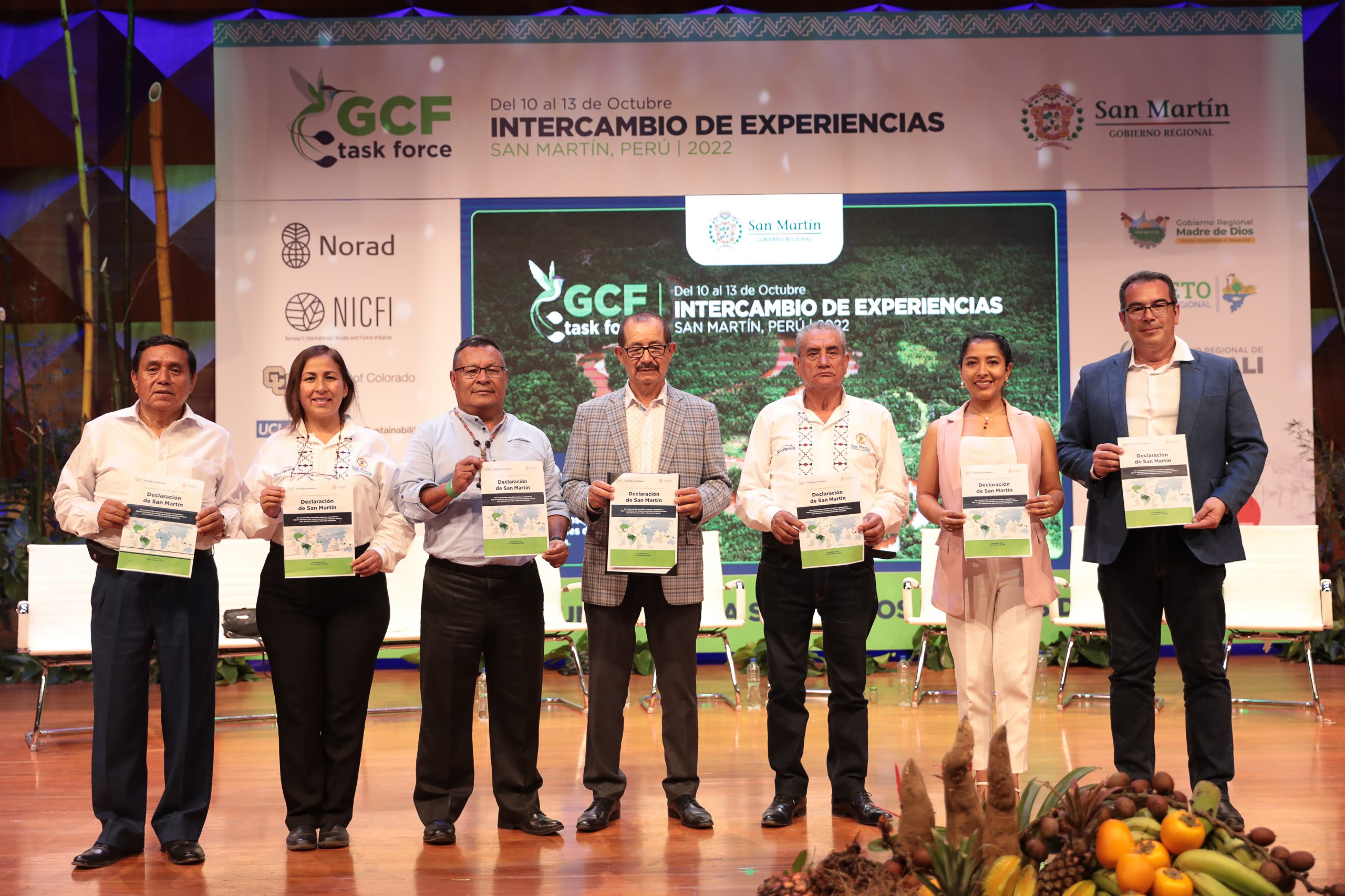
Efforts to reduce deforestation and its impact on the climate, biodiversity, and people – in particular Indigenous Peoples and local communities – are more needed and critical than ever. The work underway in San Martin was shared, questioned, expanded on, and ultimately, will continue as participants built lasting relationships in Peru and beyond to discuss and incorporate best practices and achieve real results.
The GCF Task Force will continue to foster and support this network and these exchanges, including at upcoming meetings at the 27th Conference of the Parties to the United Nations Framework Convention on Climate Change in Sharm El Sheikh, Egypt in November and at the next GCF Task Force Annual Meeting in Yucatan, Mexico in February 2023.
Stay tuned for additional Legal-Planet posts during and following these upcoming events.





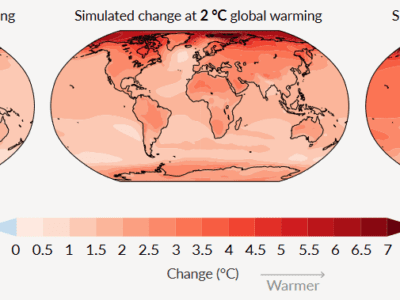

Reader Comments